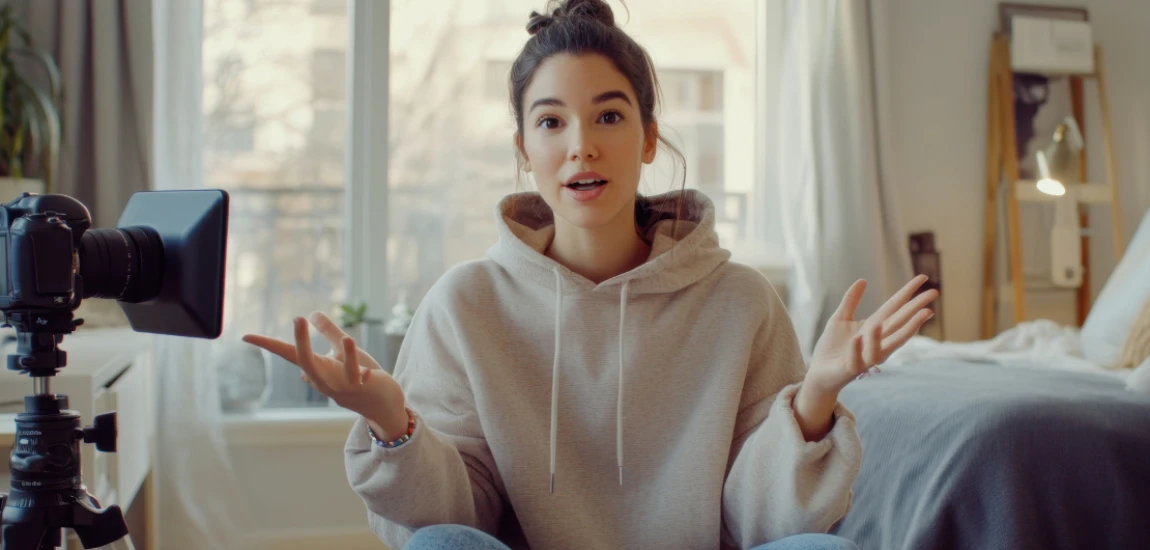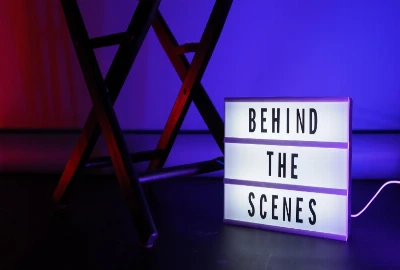Fan Edits and Remix Culture: When Audiences Become Creators

Defining Fan Edits and Remixes
Fan edits and remix culture describe how audiences take existing media—whether films, TV shows, or music—and transform them into new works. This might mean shortening a three-hour movie into a two-hour “improved” version, creating trailer mashups, or re-editing TV shows to shift storylines. What once existed at the fringes of fandom is now mainstream, largely thanks to digital tools and social media platforms.
Why This Movement Matters
For decades, fans were passive consumers, waiting for studios to deliver new content. Today, they are co-creators, reshaping narratives and challenging the boundaries of authorship. Fan edits aren’t just hobbyist experiments; they represent an evolution of audience participation in entertainment.
The Role of Technology
Editing software, affordable computers, and platforms like TikTok, YouTube, and Reddit have made remixing more accessible than ever. Anyone with basic editing skills can cut together a compelling reimagining of their favorite series, contributing to a constantly evolving creative ecosystem.
Social Media as the Catalyst for Fan Creativity

Viral Fan Edits on TikTok and Instagram
Short-form platforms like TikTok and Instagram have supercharged fan creativity. A well-timed montage or re-scored clip can rack up millions of views overnight. These edits don’t just celebrate existing media—they create new emotional contexts that often spread faster than the original content.
YouTube as the Archive of Remix Culture
While TikTok fuels virality, YouTube acts as a living archive. Extended fan edits—such as “improved” cuts of films or alternate soundtracks—find permanent homes here, where communities debate, refine, and share their favorite reinterpretations.
Community Building Through Collaboration
Fan edits encourage collaboration between creators and audiences. Comment sections often inspire new edits, suggest songs, or critique pacing. This interactive cycle turns fandom into a two-way conversation, rather than a one-directional relationship between studios and fans.
The Creative Power of Fan Edits

Expanding Storytelling Possibilities
Fan edits often explore “what if” scenarios, reshaping familiar narratives. What if a villain was the hero? What if a love story was foregrounded instead of sidelined? These creative exercises push storytelling into new directions, giving audiences fresh lenses on well-known stories.
Music as an Emotional Anchor
A common element in fan edits is re-scoring scenes with different music. A fight scene paired with a romantic ballad creates entirely new emotions, while upbeat songs can turn tragic moments into satire. Music re-contextualizes visuals, showcasing the transformative power of editing.
Elevating Minor Characters
Fan edits often shine a spotlight on side characters overlooked by the original narrative. By re-cutting a series to focus on a secondary figure, fans give them new life, sparking debates about character arcs and narrative choices.
The Legal and Ethical Dimensions of Remix Culture

Copyright and Fair Use
Fan edits exist in a legal gray area. While many qualify as transformative under fair use, studios still retain copyright ownership. Some fan edits are tolerated as free promotion, while others are removed due to copyright infringement claims.
Studios’ Mixed Reactions
Entertainment companies have varied responses. Some embrace fan edits as a form of organic marketing, while others view them as threats to creative control. For example, fan recuts of Star Wars films have sparked both praise and legal pushback from Disney.
The Debate Over Authorship
Remix culture challenges traditional notions of authorship. If a fan’s edit goes viral, does the creative credit belong to the original studio, the fan, or both? This tension highlights ongoing debates about ownership in the digital era.
How Fan Edits Influence Mainstream Media

Inspiring Official Content
Fan creativity often inspires official releases. Trailers, alternate cuts, and even studio-backed director’s cuts have been shaped by online fan demand. The popularity of fan-edited trailers or petitions for extended versions sometimes pushes studios to act.
Creating Cultural Conversations
Fan edits can redefine how people interpret media. For example, an alternate edit of a controversial film may soften its flaws and reignite interest. These remixes spark cultural discussions that keep media relevant long after its release.
Bridging Gaps Between Audiences and Studios
Remix culture forces studios to acknowledge the participatory power of fans. Instead of dictating how stories should be consumed, companies are increasingly paying attention to audience feedback and reinterpretations when planning new projects.
The Future of Remix Culture: From Niche to Mainstream

More Accessible Tools
As editing software becomes easier to use, remixing will continue to expand. AI-driven tools could allow fans to generate edits with minimal technical skill, blurring the line between casual fans and professional creators.
Crossover with Professional Filmmaking
The boundary between fan and professional is already eroding. Some fan editors have transitioned into official filmmaking roles after their edits gained traction online. Studios may eventually recruit directly from remix communities.
A Permanent Part of Entertainment
Remix culture is no longer niche—it’s part of the mainstream. As audiences become increasingly participatory, fan edits will remain a driving force in how media is consumed, shared, and reimagined. The future of entertainment lies in collaboration, not control.




